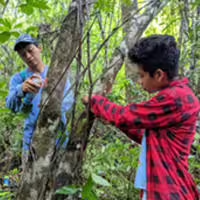Natural Climate Solutions in Action
Why invest in Natural Climate Solutions (NCS)?
- Climate Change: NCS can reduce GHG emissions and mitigate climate change
- Nature Protection: NCS protect and provide critical habitats for endangered species and promote biodiversity conservation
- Social Benefits: NCS support sustainable development and livelihoods for local communities and Indigenous People
NCS in Action are powerful testaments to the critical importance of continued investment in natural climate solutions.
Through interviews with project developers and local community representatives, these stories describe the reported biodiversity and social outcomes from projects, showing how NCS investments can make a real difference in the world.
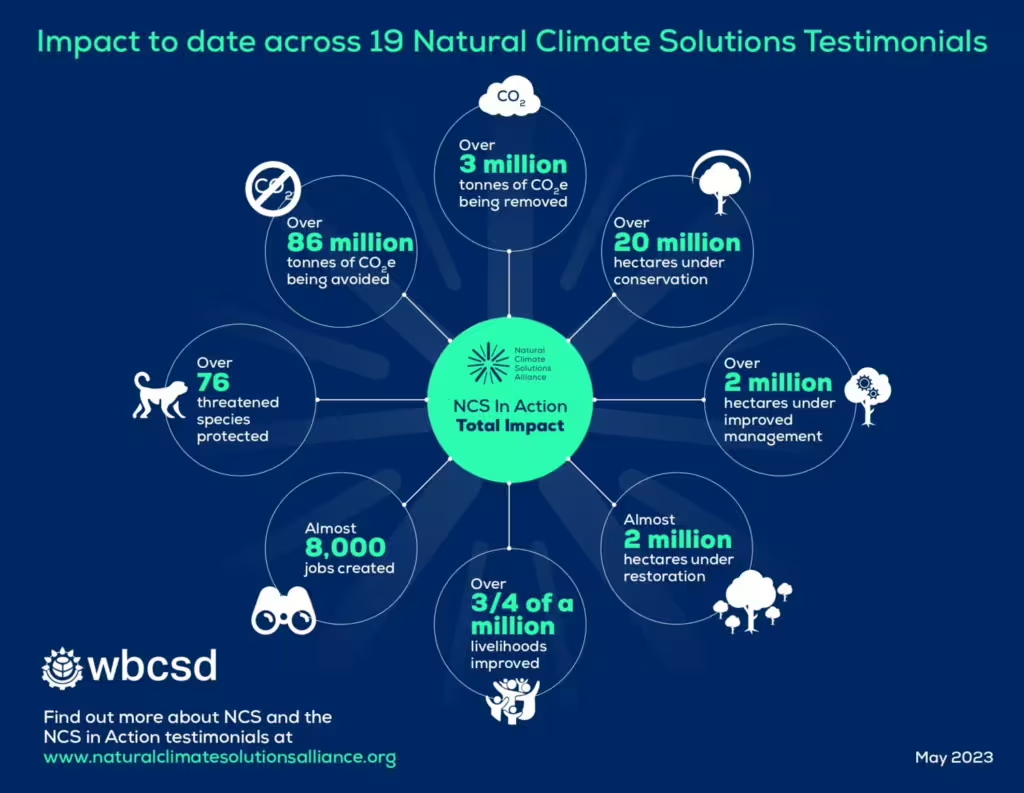
The following examples demonstrate the true benefits of continued investment in NCS on the ground. You can also read the summary report here.
NCS in Action
Below are the testimonials of NCS in Action which demonstrate the impact of investment in Natural Climate Solutions:
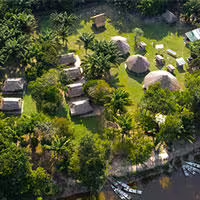
Guyana’s Jurisdictional Forest Carbon Credits – Guyana
Issued in 2023
Guyana’s Program showcases how early action can translate to an operational mechanism for market-based financing for maintaining forest cover and protecting biodiversity, whilst sustaining livelihoods of Guyanese.
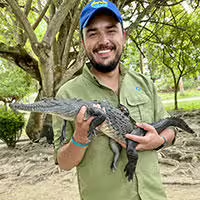
Vida Manglar – Colombia
Issued in 2023
This blue carbon project in Colombia protects mangrove forests through the strengthening of local governance and the promotion of alternative productive activities.
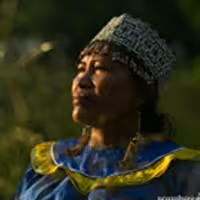
Nii Kaniti – Peru
Issued in 2022
Collaborating between seven indigenous communities in Peru’s Ucayali and Huanuco regions, building a thriving forest economy deep in the Amazon to conserve 127,000 hectares of critically threatened ancestral land. More information here.
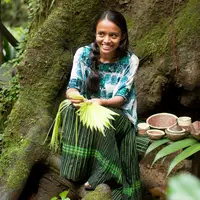
Conservation Coast – Guatemala
Issued in 2022
Bringing together hundreds of diverse landowners to protect more than 62,000 hectares of threatened tropical rainforest. More information here.
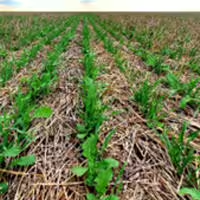
Carbon by Indigo – USA
Issued in 2022
Helping farmers in the USA adopt regenerative farming practices to produce carbon reductions & removals and connect with organizations integrating high-quality offsets in their long-term decarbonization and sustainability strategies. More information here.
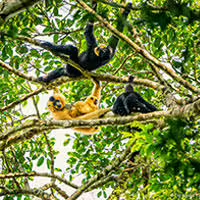
Keo Seima REDD+ Project – Cambodia
Issued in 2023
Protecting the important forests and unique biodiversity of Cambodia whilst supporting local Indigenous communities to secure tenure and management rights to ancestral lands..
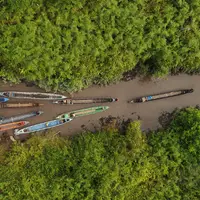
Katingan Mentaya Project – Indonesia
Issued in 2022
Protecting peat swamp forest and investing into local businesses via the Voluntary Carbon Market since 2017. More information here.
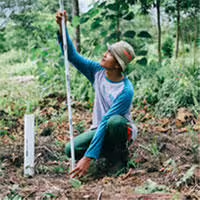
Sumatra Merang Peatland Project – Indonesia
Issued in 2022
Restoring 22,934 hectares of peatland rainforest, improving livelihoods and promoting rural economic development. More information here.
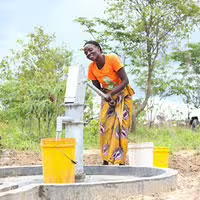
Lower Zambezi REDD+ Project – Zambia
Issued in 2023
Developing sustainable land-use practices in Zambia with local community involvement to conserve threatened forests and wildlife, supporting Climate-Smart Agriculture and bee-keeping while providing a vital buffer to the Lower Zambezi National Park.
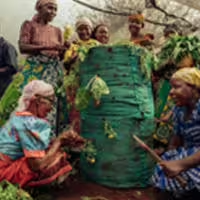
Kasigau Corridor REDD+ project – Kenya
Issued in 2022
Through dryland forest and endangered wildlife protection driven by extraordinary community sustainable development activities, this project in Kenya is estimated to avoid over 48 million metric tonnes of CO2e during its lifetime. More information here.
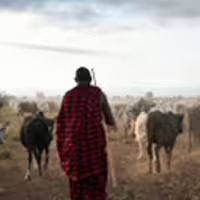
Makame Savannah Project – Tanzania
Issued in 2022
Using REDD in Tanzania to conserve critical habitat for protected wildlife by collaborating with the Maasai communities to set up community land use plans that keep their cattle, themselves, and the ecosystem healthy. More information here.
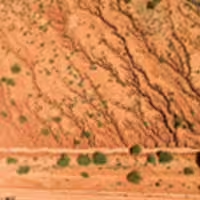
Northern Kenya Rangelands Project – Kenya
Issued in 2022
Removing and storing 50 million tons of CO2 over 30 years by implementing sustainable grazing management over nearly 2 million hectares of savannahs and grasslands in Kenya. More information here.
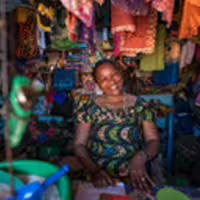
Ntakata Mountains Project – Tanzania
Issued in 2022
Working with local farming communities in Tanzania to manage and use REDD carbon credits to fund the protection of important wildlife habitat and enhance connectivity in the Greater Mahale ecosystem. More information here.

Yaeda-Eyasi Landscape Project – Tanzania
Issued in 2022
Protecting the ancestral forests of the Hadza hunter-gatherers and Datooga pastoralists in Tanzania by securing their ownership of the natural resources and generating carbon revenue through forest protection, finances protection activities and community development. More information here.
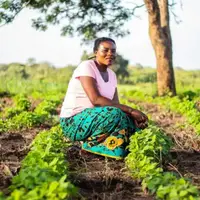
Luangwa Community Forests Project – Zambia
Issued in 2022
Protecting over 1 million hectares of forest, benefitting over 217,000 people through income generation and social services development. More information here.
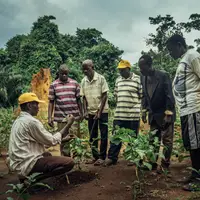
Mai Ndombe REDD+ – DRC
Issued in 2022
Partnering with the local community to protect 300,000 hectares of the world’s second-largest intact rainforest. More information here.
For further information
Two launch events hearing directly from the project proponents on the stories behind their success. Watch the recording featuring Sumatra Merang, Katingan Mentaya and Luangwa Community Forests Project here. Watch the recording featuring the Conservation Coast and the Mai Ndombe REDD+ Project here.

